Does Peanut Butter Cause Constipation? Solving the Mystery
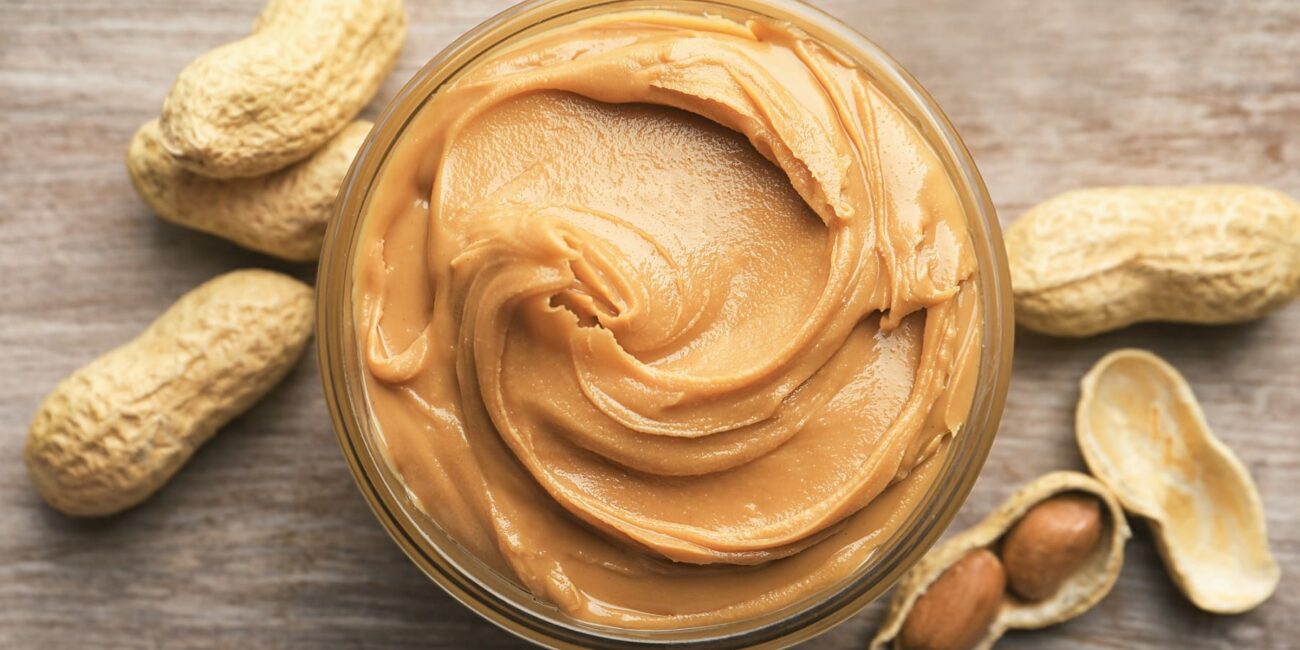
Peanut butter is a popular addition to the family table. Its known benefits make it part of a balanced and healthy diet.
Since it is part of our daily routine, it is reasonable to ask: Is it the culprit of our gastrointestinal issues?
Constipation is one of the most common gastrointestinal complaints. It is a reduced frequency of bowel movements or a feeling of incomplete evacuation. (1) There are many symptoms, and they vary for each person.
Let’s find out if peanut butter can be one of the causes of constipation.
Can Peanut Butter Cause Constipation?
Peanut butter does not cause constipation. And no food can trigger it by itself.
The reason for this belief is because it is “dry” food, which means that it does not provide water. But, constipation is usually caused by a series of bad habits.
If you are experiencing discomfort due to slow bowel transit, keep reading! We’re sure you will find some helpful tips.
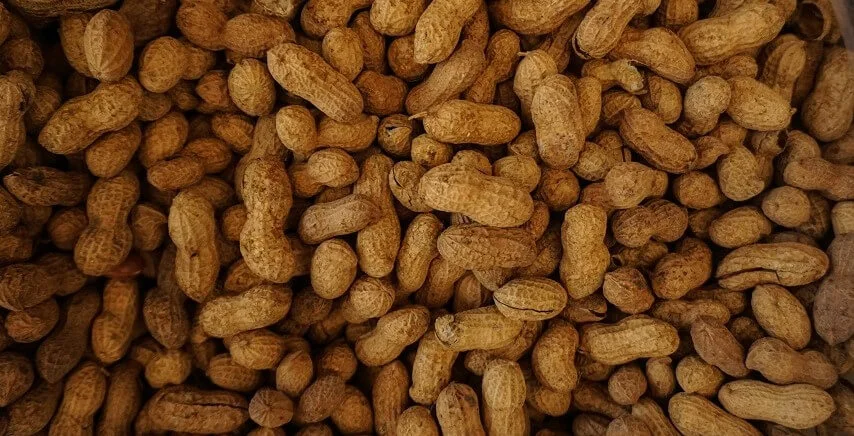
Advertisement
The Good and the Bad About Peanuts
Fiber is a plant compound that is not fully digested when eaten. Because of this, it helps give consistency to the stool.
Health experts recommend consuming around 25–30 grams of fiber per day. Peanut butter contains 1.9g of fiber in 30g of product. (2) It also contains a good amount of protein, which makes it an excellent ally as part of a healthy diet.
Despite its benefits, peanuts are one of the foods that can cause allergic reactions. It can also cause weight gain if not consumed with care. Being a source of healthy fat, it is high in calories.
If you have other symptoms such as bloating or abdominal cramps, peanuts are not the best choice. As a food that is slow to digest, it could make your symptoms worse.
High-Fiber Foods to Improve Digestion
Fiber is a great ally for good digestion. If you are also looking to lose weight, it will be favorable to include fiber-rich foods. This will help you feel satisfied because it increases the feeling of satiety.
Another important function is that it increases intestinal viscosity. This viscosity acts as a barrier to the absorption of glucose (sugar) into the blood. Thus, glucose levels do not rise after each meal.
Besides peanut butter, you can include these fiber-rich foods in your diet:
- Lentils and other legumes
- Oats
- Fruits
- Carrots
- Broccoli
- Cauliflower
- Green leafy vegetables
- Nuts
- Seeds
Try fruits such as strawberries or apples in a tasty salad combined with oats. You can also prepare green smoothies with fresh leafy greens.
Peanut Allergy vs. Peanut Intolerance
Peanut allergy occurs when the body overreacts to the components of peanuts. The immune system does not recognize it and rejects it.
Although the peanut is not a nut, it has a similar structure to them. Thus many people allergic to peanuts may also be allergic to:
- Almonds
- Hazelnuts
- Walnuts
- Macadamia nuts
- Pecans
When someone has an allergy to these foods, symptoms such as itching, coughing, and rash may occur. Some cases may even need emergency care.
But being intolerant is a different story.
Peanut intolerance may be a symptom of gastrointestinal distress. An irritated bowel may overreact to foods that contain fiber.
If you are experiencing gastritis, you should eat foods that are easy to digest. This way, you prevent excess gastric acids from worsening your symptoms.
To avoid aggravating gastritis, get away from high-fiber, raw, and spicy foods. Raw vegetables are high in fiber and can be difficult to digest.
All these can cause symptoms of food intolerance such as:
- Abdominal pain
- Back pain
- Diarrhea
- Feeling of heaviness in the stomach
- Bloating
- Headache
- Nausea
- Vomiting
Fiber Does Not Work on Its Own
While it is fundamental to consume the right amount of fiber in your diet, it will not be beneficial on its own. To digest fiber, you always need water.
A common mistake is eating fiber-rich supplements without drinking enough water. That is why some high-fiber foods, instead of helping, make constipation worse. They can even cause obstruction. (3)
As we mentioned before, fiber cannot get digested. The reason for this is because our system does not have the enzymes necessary to do so.
Whole grains come in a natural coating of hulls. These hulls are edible but cannot get processed and reach the large intestine intact. The same goes for raw fibrous vegetables, such as lettuce and spinach.
All that fiber from grains and vegetables accumulates in the intestine as a residue. That is what gives consistency to the stool.
Water allows this residue to circulate and promotes an ideal evacuation.
High-Quality Solutions for Constipation
We know that natural options are always better. At Health Insider, we’ve reviewed a product based on natural ingredients. It contains fiber, antioxidants and is an excellent remedy for constipation.
It’s a great way to avoid the discomfort that may cause eating some foods. When you are experiencing the worst symptoms, it is best to have at hand an effective solution.
It’s not a laxative, and it’s not a pill. Its presentation in powder form is favorable as you can mix it with water or juice. Now you know: fiber + good hydration is the best solution for colon cleanse.
The Essential Food for Your Gut Flora
Gut flora is a population of friendly microorganisms. They are part of your defense system against disease. It is an ecosystem made up of a large number of different bacteria.
Some of these bacteria produce tryptamine (4), a substance that stimulates the intestine. This substance helps transport nutrients from food. If tryptamine metabolism gets compromised, so does intestinal function.
When an infection occurs and people take antibiotics, the flora gets destroyed. It is crucial to be diligent in restoring it to ensure our gastrointestinal health. When “bad bacteria” predominate, constipation can worsen.
Fiber favors the proliferation of good bacteria as it is their primary food. Fruits, vegetables, and seeds are valuable sources of beneficial bacteria.
Should I Stop Eating Peanut Butter?
No. Nut butter is healthy as long as it has no salt or added sugar.
But peanut butter is high in calories. Add one tablespoon to your toast to get the benefits. 30g is enough to get a good amount of good fats, protein, and fiber.
Consider removing it from your diet if you notice any bothersome symptoms. These symptoms may be a sign of allergy or intolerance.
To ensure a regular intestinal movement, remember to drink enough water. Thus, together with foods rich in fiber, you will achieve smooth and painless digestion.
References:
- What is chronic constipation? Definition and diagnosis https://www.ncbi.nlm.nih.gov/pmc/articles/PMC3206562/
- NutritionData. Peanut butter, smooth style, without salt Nutrition Facts & Calories https://nutritiondata.self.com/facts/legumes-and-legume-products/4453/2
- Dietary Habits Affect Quality of Life: Bowel Obstruction Caused by Phytobezoar https://www.ncbi.nlm.nih.gov/pmc/articles/PMC5139966/
- Tryptophan Dietary Impacts Gut Barrier and Metabolic Diseases https://www.ncbi.nlm.nih.gov/pmc/articles/PMC6746884/

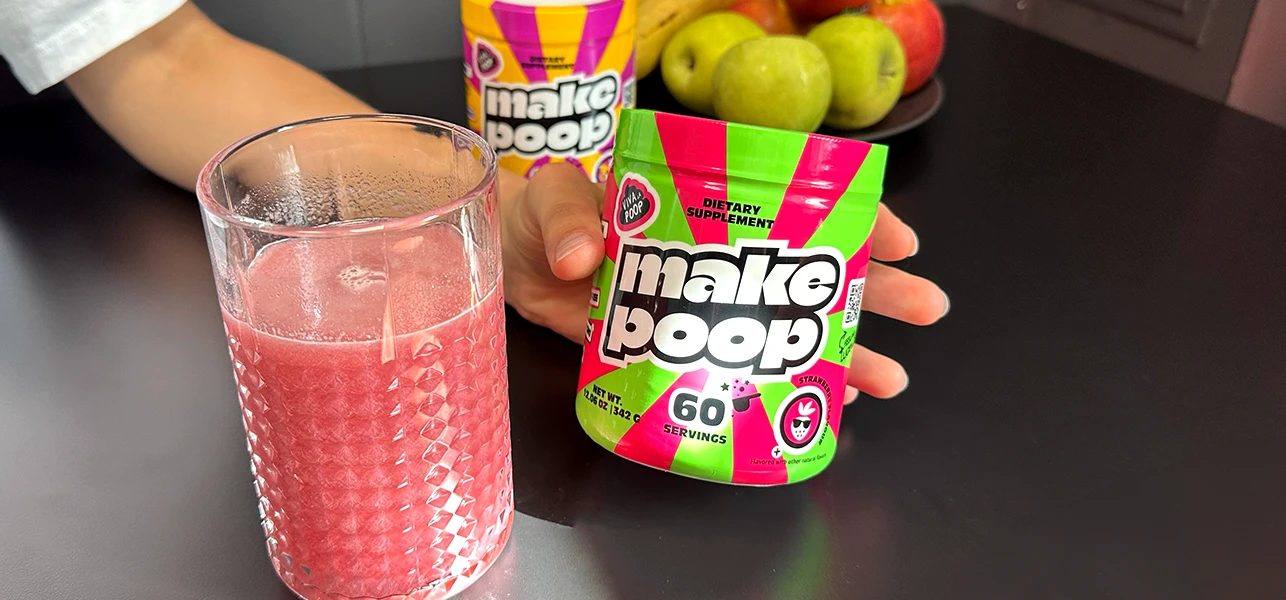
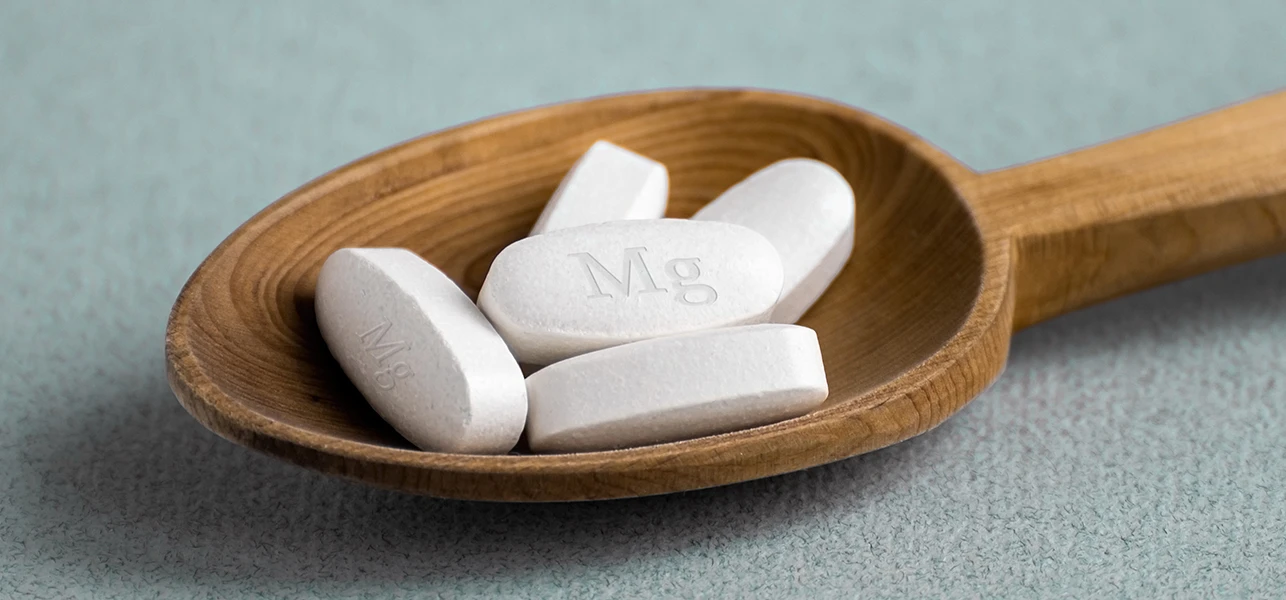

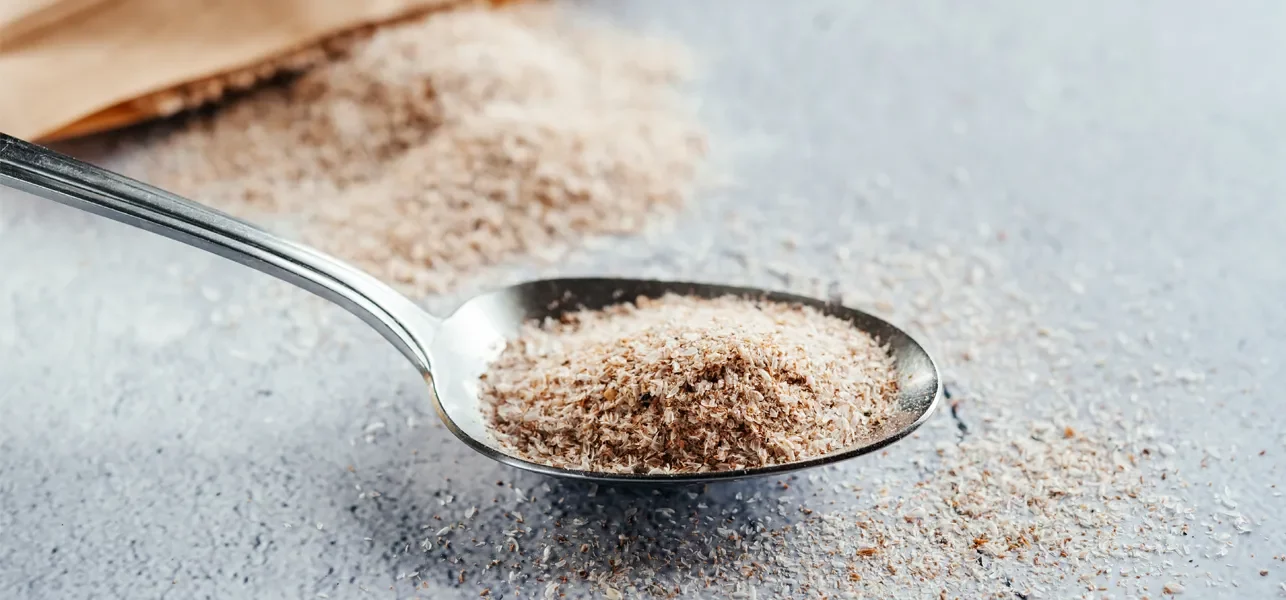
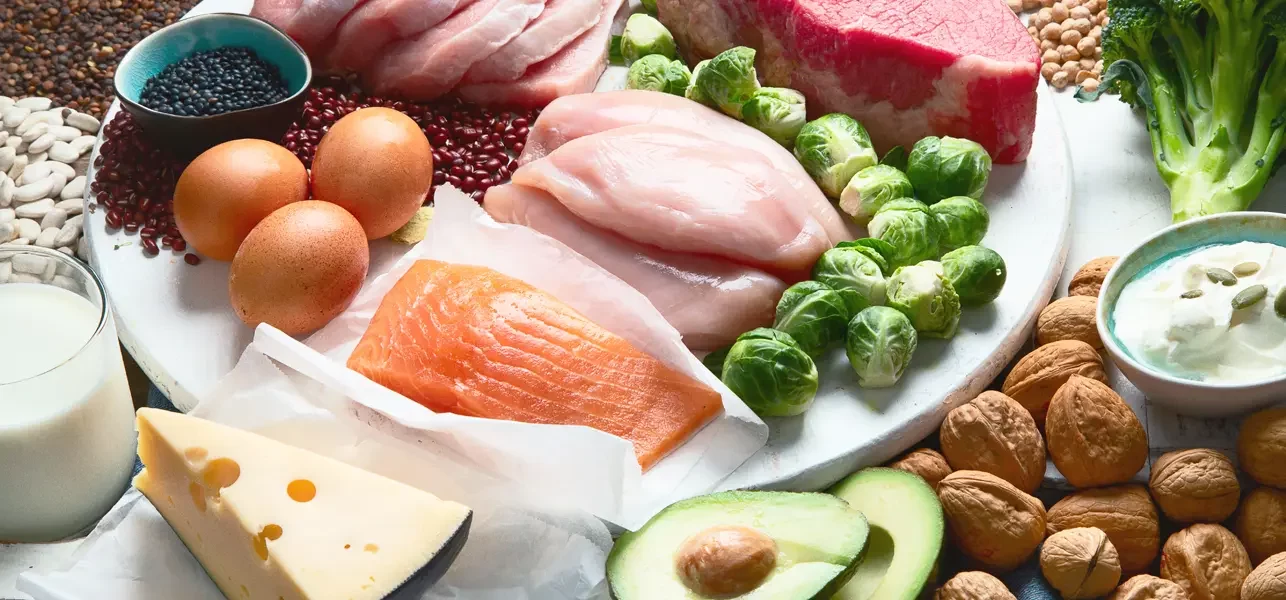
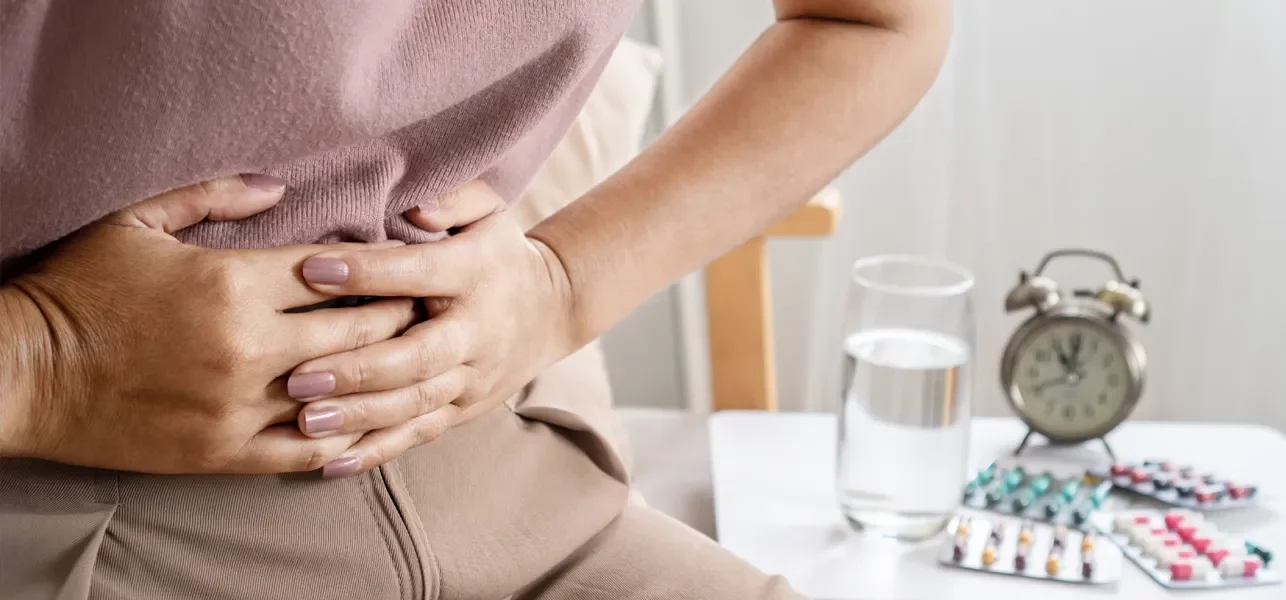
Comments (0)